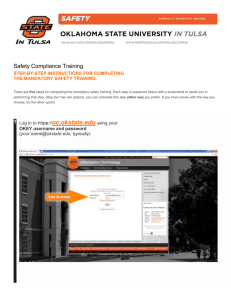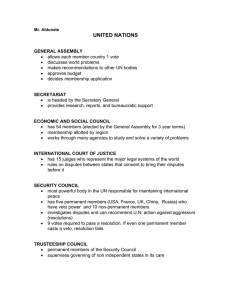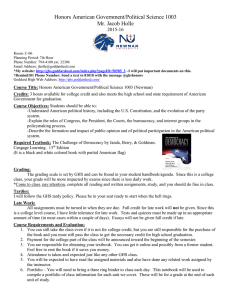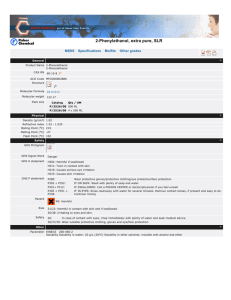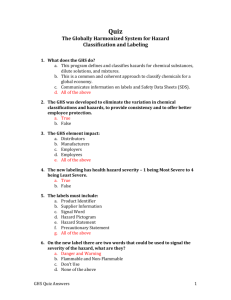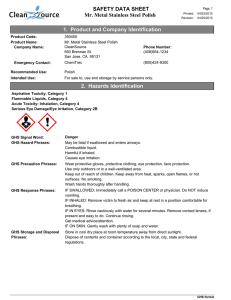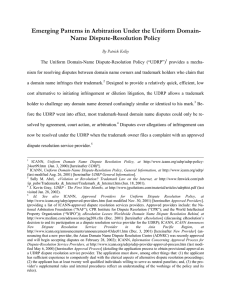GHS Law Partners and Internet Domain Name Disputes
advertisement
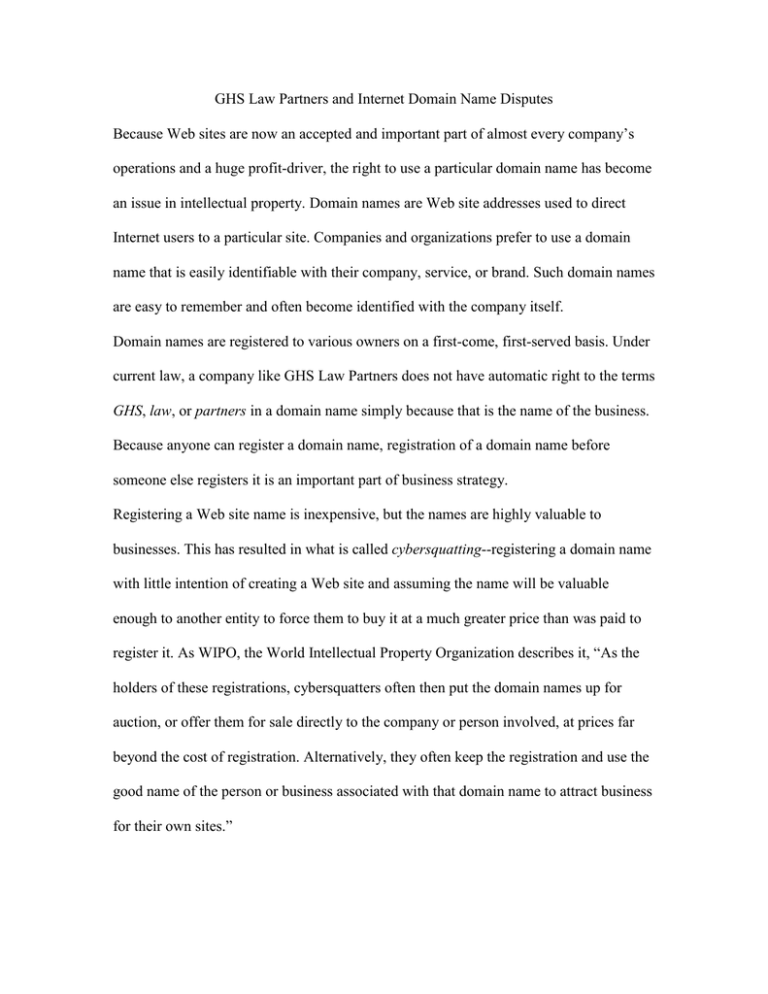
GHS Law Partners and Internet Domain Name Disputes Because Web sites are now an accepted and important part of almost every company’s operations and a huge profit-driver, the right to use a particular domain name has become an issue in intellectual property. Domain names are Web site addresses used to direct Internet users to a particular site. Companies and organizations prefer to use a domain name that is easily identifiable with their company, service, or brand. Such domain names are easy to remember and often become identified with the company itself. Domain names are registered to various owners on a first-come, first-served basis. Under current law, a company like GHS Law Partners does not have automatic right to the terms GHS, law, or partners in a domain name simply because that is the name of the business. Because anyone can register a domain name, registration of a domain name before someone else registers it is an important part of business strategy. Registering a Web site name is inexpensive, but the names are highly valuable to businesses. This has resulted in what is called cybersquatting--registering a domain name with little intention of creating a Web site and assuming the name will be valuable enough to another entity to force them to buy it at a much greater price than was paid to register it. As WIPO, the World Intellectual Property Organization describes it, “As the holders of these registrations, cybersquatters often then put the domain names up for auction, or offer them for sale directly to the company or person involved, at prices far beyond the cost of registration. Alternatively, they often keep the registration and use the good name of the person or business associated with that domain name to attract business for their own sites.” When domain name disputes arise for GHS Law Partners’ clients, we work under the Uniform Domain Name Dispute Resolution Policy (UDRP), which was developed by the World Intellectual Property Organization for domain name disputes worldwide. In cases under this policy, the following factors are considered: Whether the domain name is identical or confusingly similar to a trademark or service mark in which the complainant has rights. Whether the respondent has any rights or legitimate interests in the domain name (for example, the legitimate offering of goods and services under the same name). Whether the domain name was registered and is being used in bad faith. The policy defines “bad faith” in part as “circumstances indicating that you have registered or you have acquired the domain name primarily for the purpose of selling, renting, or otherwise transferring the domain name registration to the complainant who is the owner of the trademark or service mark or to a competitor of that complainant, for valuable consideration in excess of your documented out-of-pocket costs directly related to the domain name.” GHS Law Partners has experience representing clients on both sides of domain name disputes. We are experts in the complexities of UDRP and have relationships with other experts in many other countries. We can help our clients in these disputes regardless of the type or location of the other party.
